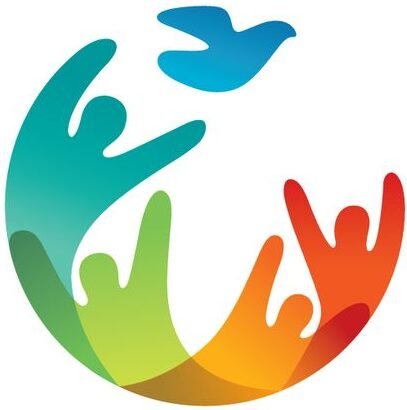In the entangled web of climate justice, the threads of law, activism, and accountability intertwine. A group emerges from this tapestry, its mission to advocate for environmental equity.As they engage in legal battles,questions dance in the air: Do their profound ties to judges and experts compromise the impartiality of these proceedings? dive into an intricate exploration of this nexus,where the pursuit of justice for Earth’s fragile ecosystems meets the slippery slope of potential bias.
Table of Contents
- – Examining the Nexus: climate Justice Groups Interconnections with Judiciary
- - Exploring Impartiality Concerns: conflict of Interest Allegations Amidst Litigation
- – Unraveling Ethical Dilemmas: The Role of Experts in climate Justice Cases
- – recommendations for Enhancing Transparency and Ethical practices
- The Conclusion
– Examining the Nexus: Climate Justice Groups Interconnections with Judiciary
Close Connections and Impartiality Concerns
The group’s extensive network within the judiciary has raised concerns over potential biases in pending litigation. Critics allege that the close ties could influence judges’ decision-making, compromising the impartiality essential for fair trials. Detractors contend that these connections undermine the public trust in the judiciary and the principle of an unbiased legal system.
– Exploring Impartiality concerns: Conflict of Interest Allegations Amidst Litigation
The affiliation of judges and experts participating in the litigation with the climate justice group has raised questions about impartiality. Critics argue that these individuals may have a vested interest in the outcome, possibly compromising their ability to render fair and impartial decisions. However, supporters of the group maintain that its members are highly respected professionals with the experience and expertise necessary to ensure a just and equitable trial:
| Party | Argument |
|---|---|
| Critics | judges and experts may have a vested interest affecting their impartiality |
| Supporters | Members are highly respected professionals, ensuring fairness and impartiality |
– Unraveling Ethical Dilemmas: The Role of Experts in Climate Justice Cases
Potential Conflicts of Interest When Experts Testify in Climate Justice Cases
In cases involving climate justice, impartiality is paramount. However, recent scrutiny has been cast upon the deep ties between climate justice groups and experts called upon to testify in these cases. proponents of transparency argue that these connections may raise concerns about potential conflicts of interest and bias. Without clear disclosure of prior relationships or associations,the integrity of the legal proceedings could be compromised. Recognizing the importance of impartiality, the judiciary is tasked with thoroughly vetting experts and ensuring their objectivity throughout the litigation process.
– recommendations for Enhancing Transparency and Ethical Practices
Recommendations for Enhancing Transparency and Ethical Practices
To address concerns regarding impartiality and strengthen public trust, the following recommendations can be considered:
- implement stricter conflict-of-interest policies: Establish clear guidelines to identify potential conflicts and require disclosure of any relationships that may raise ethical concerns.
- Appoint self-reliant ombudspersons: Create an impartial oversight body to receive and investigate complaints about potential misconduct or bias.
- Increase transparency in decision-making: Make publicly available all relevant documents and proceedings related to litigation,including conflict-of-interest disclosures and reasons for decisions.
- Enhance judicial education: Provide judges with ongoing training on ethics, conflict of interest, and the importance of impartiality in the governance of justice.
- Foster a culture of accountability: Encourage judges and experts to hold themselves to the highest ethical standards and create a climate where ethical conduct is valued and rewarded.
The Conclusion
As the echoes of the courtroom reverberate, we reach the twilight of this intricate tapestry of justice, climate, and impartiality. While the threads that weave this narrative may remain tangled, the quest for truth and accountability continues. The interplay between judges, experts, and climate justice groups serves as a reminder that the scales of justice must balance the weight of evidence, the urgency of our environmental crisis, and the unwavering pursuit of impartiality. The future holds both challenges and opportunities as we strive to navigate this complex landscape, ensuring that the fight for climate justice is grounded in the unwavering principles of fairness, transparency, and the relentless pursuit of a more sustainable world.
